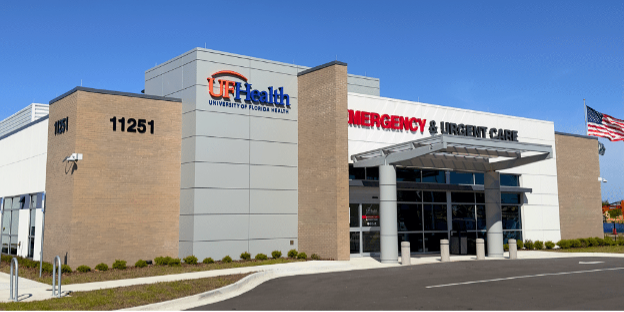What to Do With Poisoning?
- Category: General
- Posted On:

People should never ingest certain chemicals and substances. These may be useful for everyday life but can cause grave harm if not used properly. In the United States, poison control centers receive one call every fifteen seconds.
Most Common Poison Exposures
Poison is a substance that can cause harm to a living person when ingested, inhaled or exposed through the skin. These are grouped into three main types:
- Agricultural and industrial chemicals
- Biological poisons, like those coming from plants and animals
- Drugs and health care products
All three types of poison can be present at home and in the workplace. Children are, therefore, especially susceptible to accidental poisoning due to their curiosity.
The most common poison exposures in adults involve pain medications, cleaning substances and alcohol. The list for children includes cosmetics and personal care products, foreign bodies, toys and household cleaning chemicals.
A patient’s symptoms can vary depending on the substance involved. Although challenging, you must identify the symptoms and potential substances involved in poisoning to help medical professionals do their job.
How Do You Identify Symptoms of Poisoning?
One of the challenges in identifying poisoning is that it looks like other conditions, like alcohol intoxication, seizures and stroke. The specific signs to look for are:
- Burn marks or redness around the lips or mouth of the victim
- Chemical smell on their breath or body
- Confused and altered mental state
- Difficulty breathing
- Nausea
- Sleepiness or drowsiness
- Vomiting
Check the surroundings if you can see other clues for poisoning. For instance, an open container of cleaning detergent can indicate the victim has ingested or was exposed to the substance. Consider any possibility, especially if children are involved.
What to Do About Poisoning
You need medical attention to deal with poisoning. After calling for help, you can do the following things as you wait for medical professionals:
- Begin CPR if there are no signs of life.
- Bring the person to an area with fresh air.
- Flush out the eyes with running water.
- If the poison contacts the skin, use gloves or a clean cloth to wipe it.
- If the victim is vomiting, turn the head sideways to prevent choking.
- Try to remove the remaining substances from the mouth of the victim.
Information gathering is crucial at this stage. Take note of the symptoms you observe. If you find a container of the potential poison ingested or exposed to by the victim, bring it to the hospital if possible. That information can help doctors make life-saving decisions for poison treatment.
Treatment for Poisoning
Poison treatment varies depending on the situation, the chemical involved and the victim. Doctors can prescribe more accurate treatments if they have the correct information. That is why gathering evidence is crucial to poison treatment.
Give the doctors all the victim’s vital information. Their age and brief medical history can help doctors treat the patient appropriately.

Visit UF Health Emergency & Urgent Care Centers for Immediate Treatment for Poisoning
Seek immediate medical attention if you suspect that a person is poisoned. Call 911 or the local emergency number to receive the proper poison treatment. Acting swiftly is crucial, especially in the following conditions:
- The victim has difficulty breathing or is not breathing at all.
- The victim has seizures.
- The victim is agitated and restless.
- The victim is unconscious.
- You know that the victim ingested large amounts of alcohol or medication.
At UF Health Emergency & Urgent Care Centers, our primary goal is to provide the residents of Northeast Florida with exceptional service and the proper billing for the care they need. Our combined emergency room and urgent care is fully equipped to handle everything from allergies to chest pain with on-site labs, X-ray, ultrasound and CT, all under one roof.
The ER and urgent care centers are open 24 hours a day, 7 days a week. No appointment is necessary — just walk in!
Find the UF Health Emergency & Urgent Care Center in Jacksonville nearest you at www.euc.ufhealthjax.org/locations.
